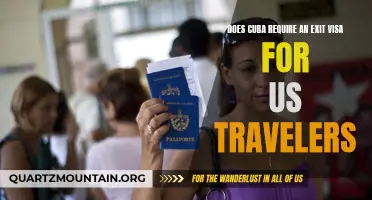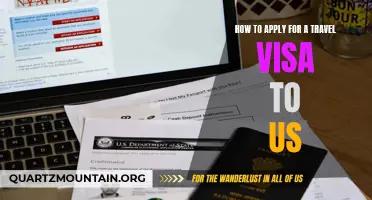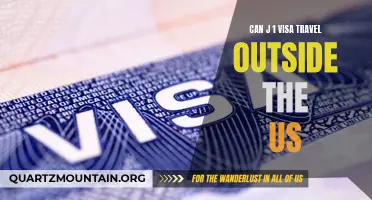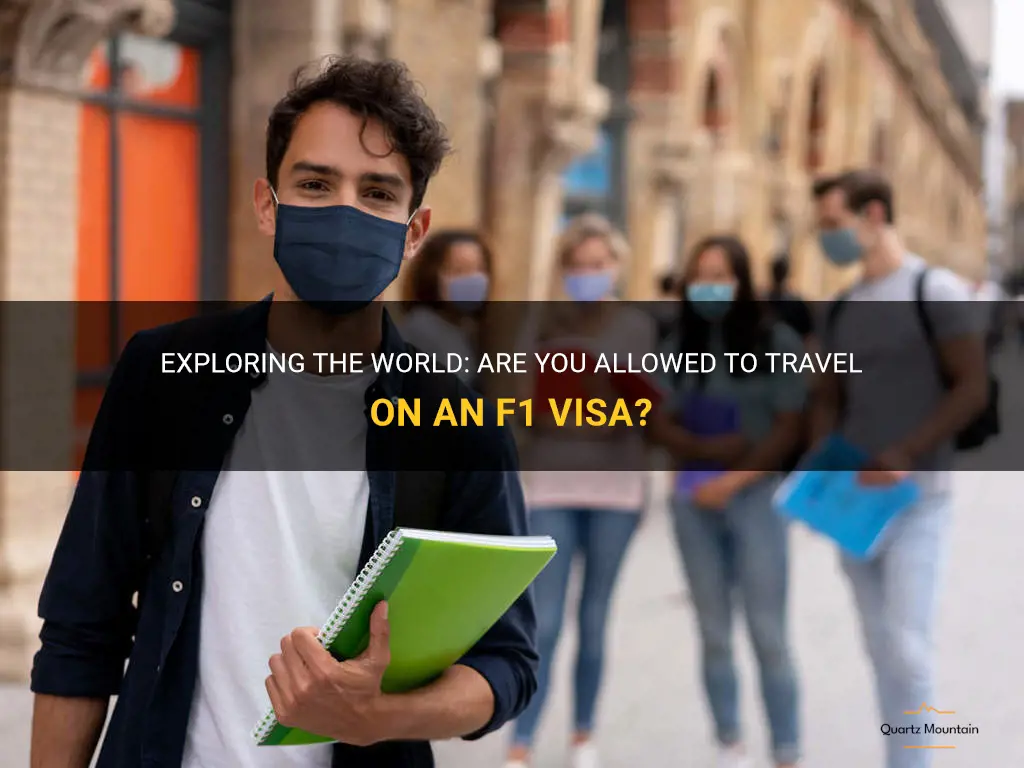
The world is full of incredible destinations just waiting to be explored, and for many international students studying in the United States on an F1 Visa, the desire to travel and see new places is strong. However, navigating the rules and regulations surrounding travel on an F1 Visa can be confusing. Can you travel internationally? Are there any restrictions? In this article, we will explore the topic of traveling on an F1 Visa and provide you with the answers you need to satisfy your wanderlust while studying in America.
| Characteristics | Values |
|---|---|
| Purpose of visit | Education / academic studies |
| Duration of stay | Entire duration of study program |
| Employment | Limited on-campus employment, pre-approved off-campus employment |
| Internships | Allowed with certain restrictions |
| Travel within the US | Generally allowed, with valid visa and necessary documents |
| Travel outside the US | Generally allowed, with valid visa and necessary documents |
| Dependents | Spouses and children may accompany, with F-2 visa |
| Change of status | Possible to change to another non-immigrant status |
| Extensions | Possible under certain circumstances |
| Healthcare | May be eligible for certain medical benefits |
What You'll Learn
- Can you travel outside the United States on an F1 visa?
- What documents do you need to travel internationally on an F1 visa?
- Are there any restrictions on traveling to certain countries on an F1 visa?
- Can you reenter the United States after traveling internationally on an F1 visa?
- What should you do if your F1 visa will expire while you are traveling internationally?

Can you travel outside the United States on an F1 visa?
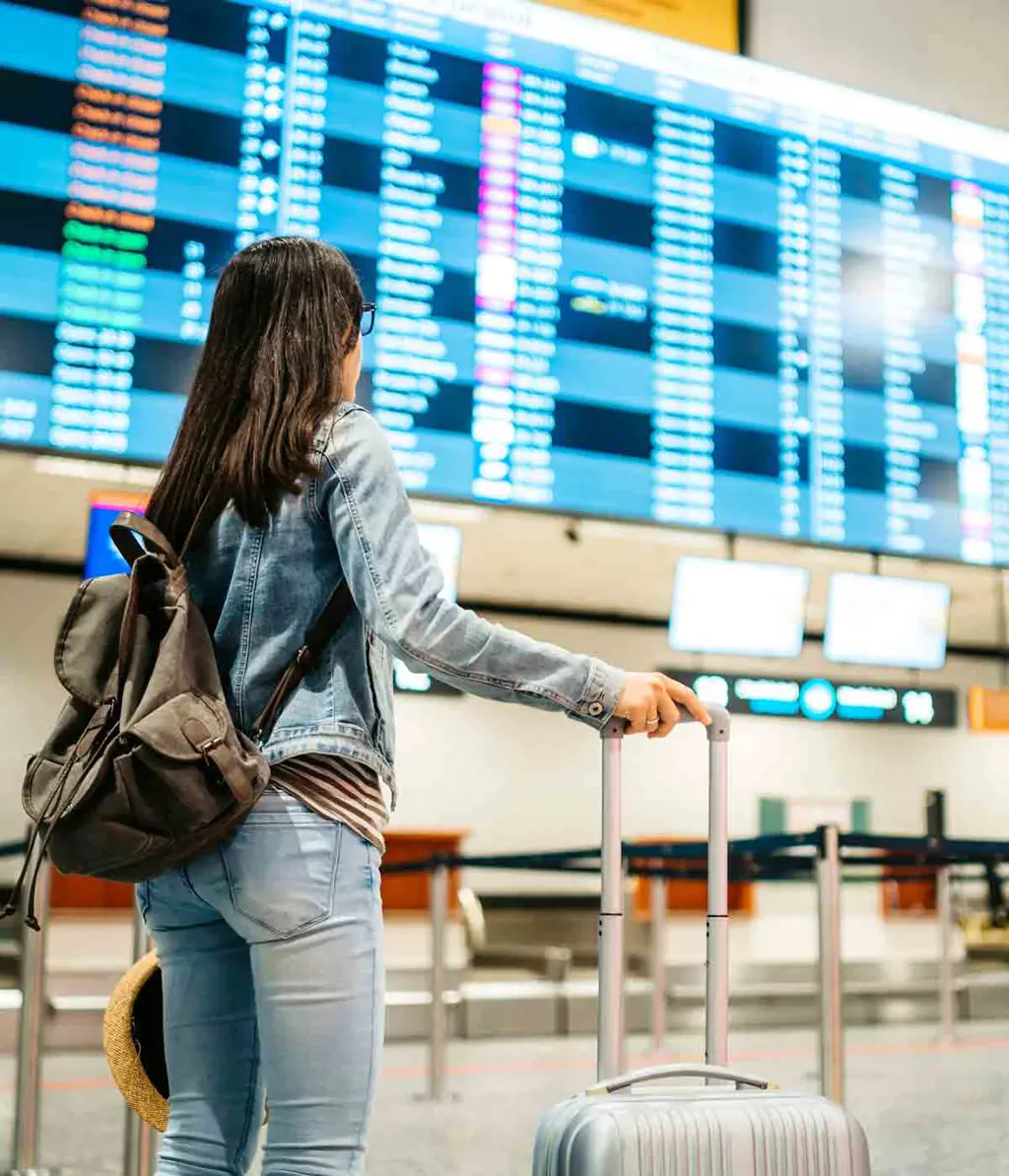
Yes, it is possible to travel outside the United States while you are on an F1 visa. However, there are some considerations and requirements to keep in mind before you make any travel plans.
Firstly, it is important to ensure that your F1 visa is valid for re-entry into the United States. Check the expiry date on your visa stamp in your passport, and make sure it will still be valid when you plan to return to the United States. If it is close to expiring, you may need to apply for a visa renewal before you travel.
Additionally, you will need to have a valid Form I-20, which is issued by your educational institution. This document confirms that you are a student and outlines the duration of your program of study. It is important to have a valid I-20 with a travel signature from an authorized school official before you leave the United States. The travel signature is usually valid for one year, so make sure yours will still be valid when you plan to return.
Furthermore, check if there are any travel restrictions or advisories for the country you plan to visit. Sometimes, there may be specific requirements or restrictions for travelers from certain countries, and it is important to be aware of these before you make any travel plans.
When you travel outside the United States on an F1 visa, you will need to present certain documents upon re-entry into the country. These include your valid F1 visa, Form I-20 with a valid travel signature, and your passport. In some cases, you may also be asked to provide proof of enrollment in your educational program, such as a class schedule or registration confirmation.
It is also advisable to carry a copy of your transcript or academic record with you when you travel. This can serve as additional proof of your student status and may be helpful in case you encounter any difficulties during the re-entry process.
In summary, traveling outside the United States on an F1 visa is possible, but it requires careful planning and preparation. Make sure your visa and I-20 are valid for re-entry, check for any travel restrictions or advisories, and carry the necessary documents with you when you travel. By following these steps, you can ensure a smooth and hassle-free re-entry into the United States.
Can I Still Travel with an Expired F-1 Visa?
You may want to see also

What documents do you need to travel internationally on an F1 visa?
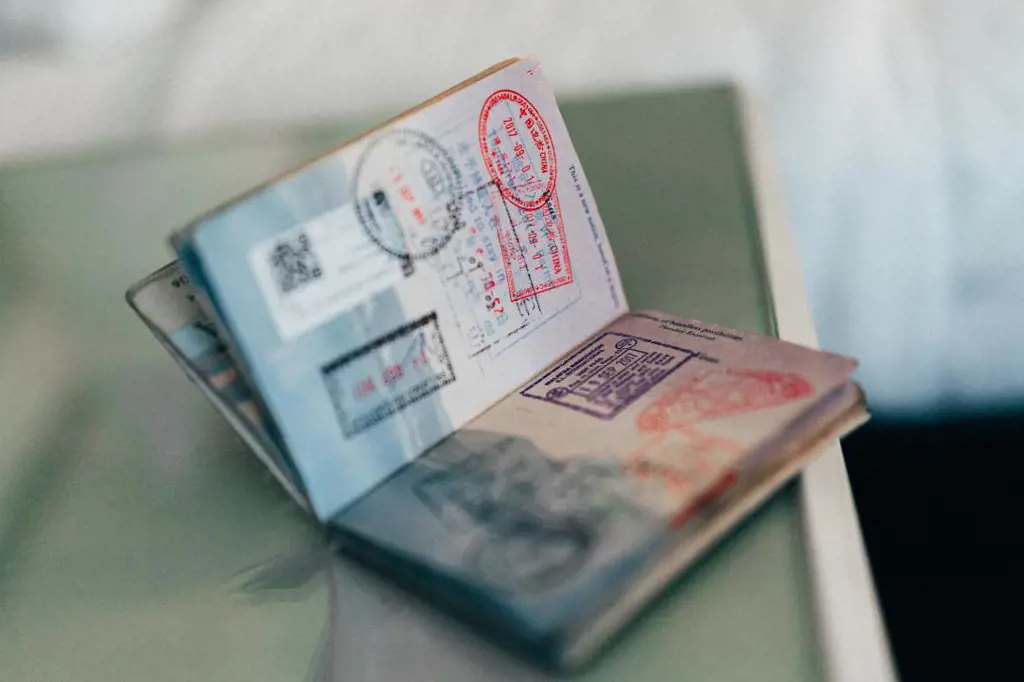
When traveling internationally on an F1 visa, there are certain documents that you need to have in order to comply with immigration regulations and ensure a smooth travel experience. Whether you are going abroad for an educational program, attending a conference, or taking part in an internship, it is important to be prepared and have the necessary documents on hand.
- Valid Passport: The first and most crucial document you need when traveling internationally is a valid passport. Make sure your passport is not expired and has at least six months of validity remaining. Your passport will serve as your primary identification document and will be needed at various stages of your travel, including immigration checkpoints, visa interviews, and hotel check-ins.
- Valid F1 Visa: Before traveling, ensure that your F1 visa is valid and has not expired. The F1 visa is the document that grants you permission to study in the United States. It will be affixed to your passport, and you will need to present it at immigration checkpoints upon entering and leaving the U.S. Make sure you have a copy of your visa in case you lose the original.
- I-20 Form: The I-20 form is another essential document that you need to have when traveling internationally on an F1 visa. This form is issued by your educational institution and confirms your enrollment and status as a student. It contains important information such as your SEVIS ID number, program start and end dates, as well as the sponsor's information. Make sure your I-20 form is up-to-date and signed by an authorized school official.
- SEVIS Fee Receipt: The Student and Exchange Visitor Information System (SEVIS) fee is a mandatory fee that international students have to pay. Make sure you have a copy of the SEVIS fee receipt, as it may be required during immigration checks, as well as when applying for a visa extension or change of status.
- Enrolment Verification Letter: Some countries may require you to provide proof of your enrollment as a student. Obtain an enrollment verification letter from your educational institution, which confirms your current enrollment and status. This letter can be helpful if you encounter any issues at immigration checkpoints or when applying for a visa.
- Financial Documents: It is important to have documentation of your financial resources when traveling internationally. This can include bank statements, scholarship letters, or other evidence of financial support. Immigration officers may ask for these documents to verify that you have sufficient funds to support yourself during your stay.
- Travel Itinerary and Contact Information: Having a detailed travel itinerary and contact information for your destination country can be helpful during your journey. Include information such as flight details, hotel reservations, and local contact information. This will help you stay organized and have a smooth travel experience.
Remember to keep all your documents organized and easily accessible throughout your journey. It is also a good idea to have copies of all your important documents in case any of them get lost or stolen. By being prepared and having the necessary documents, you can ensure a hassle-free travel experience when traveling internationally on an F1 visa.
Traveling on a Bridging Visa: What You Need to Know
You may want to see also

Are there any restrictions on traveling to certain countries on an F1 visa?
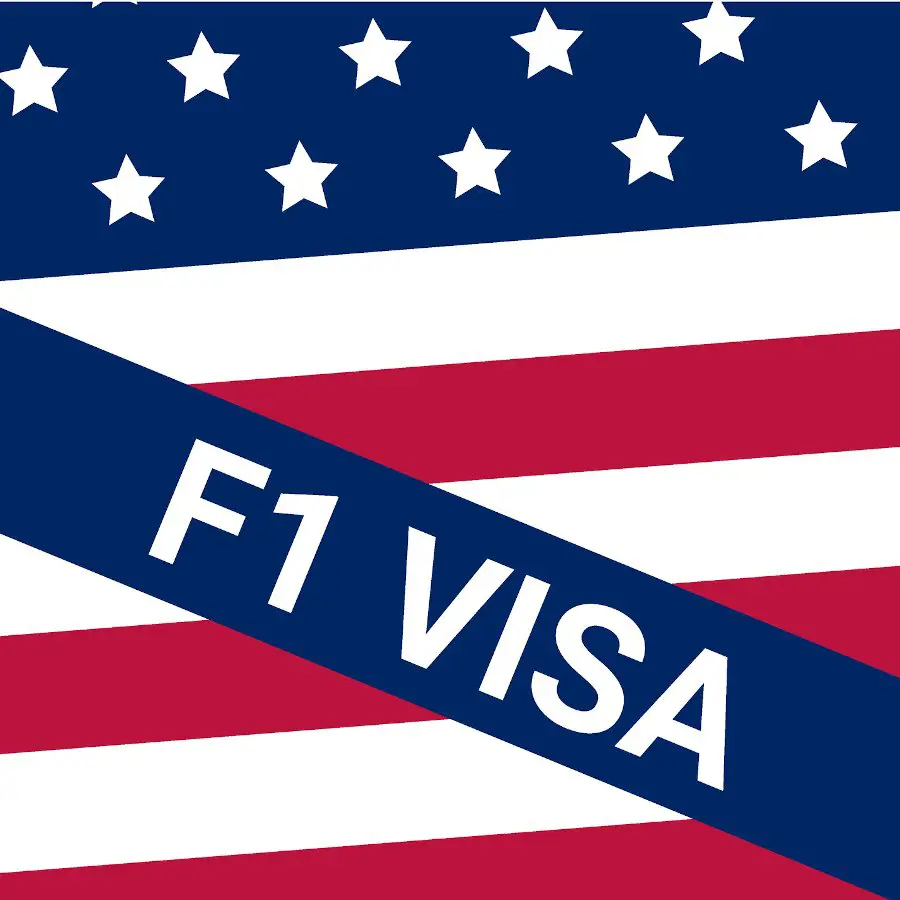
Many international students come to the United States on an F1 visa to pursue their education. While studying in the US, some students may wish to travel to other countries during their academic breaks or for personal reasons. However, there may be some restrictions on traveling to certain countries on an F1 visa.
One of the primary concerns for F1 visa holders is whether they can travel to their home country or other countries that have strained diplomatic relations with the United States. In general, F1 visa holders are allowed to travel to their home country and return to the US without any issues. The US government recognizes the importance of allowing students to maintain strong ties with their home country and encourages academic and cultural exchange. However, it is always recommended to check the current travel restrictions and visa requirements of your home country before planning your trip.
Traveling to other countries that have strained diplomatic relations with the United States can be more complicated. Countries like Iran, North Korea, Syria, and Cuba are known for their strained relations with the US. It is not impossible to travel to these countries on an F1 visa, but it can be challenging. F1 visa holders who wish to travel to these countries should be aware of the potential consequences and need to take certain precautions.
Firstly, it is essential to consult with the international student office or the designated school official (DSO) at your university. They can provide guidance on the current travel restrictions and any specific requirements for traveling to these countries. The DSO can inform you about any potential risks or complications that may arise from traveling to countries with strained diplomatic relations.
Moreover, it is crucial to stay updated on the US government's travel advisories and warnings. The Department of State issues travel advisories for each country, indicating the level of risk associated with traveling to that country. F1 visa holders should check these advisories before planning their trip. Traveling to countries with a high-risk level may not be advisable, as it can jeopardize your legal status in the US.
Additionally, it is important to consider the potential impact of traveling to these countries on your future immigration applications or visa renewals. The US government closely scrutinizes travel history, especially to countries with strained diplomatic relations. Traveling to these countries may raise suspicions or create complications during future visa application processes.
Lastly, F1 visa holders should always ensure they have the necessary documents and permits to travel to another country. This includes a valid passport, visa for the destination country, and any additional documentation required by that country. F1 visa holders should also keep in mind that they will need to go through the visa application process again when returning to the US.
In conclusion, while there are no specific restrictions on traveling to your home country on an F1 visa, traveling to certain countries with strained diplomatic relations with the United States can be more challenging. F1 visa holders should consult with their university's international student office, stay updated on travel advisories, consider the potential consequences, and ensure they have the necessary documents and permits for travel. By taking these precautions, F1 visa holders can better navigate the complexities of international travel while maintaining their legal status in the US.
Exploring the Possibility: Can J1 Visa Residents Travel to Puerto Rico?
You may want to see also

Can you reenter the United States after traveling internationally on an F1 visa?
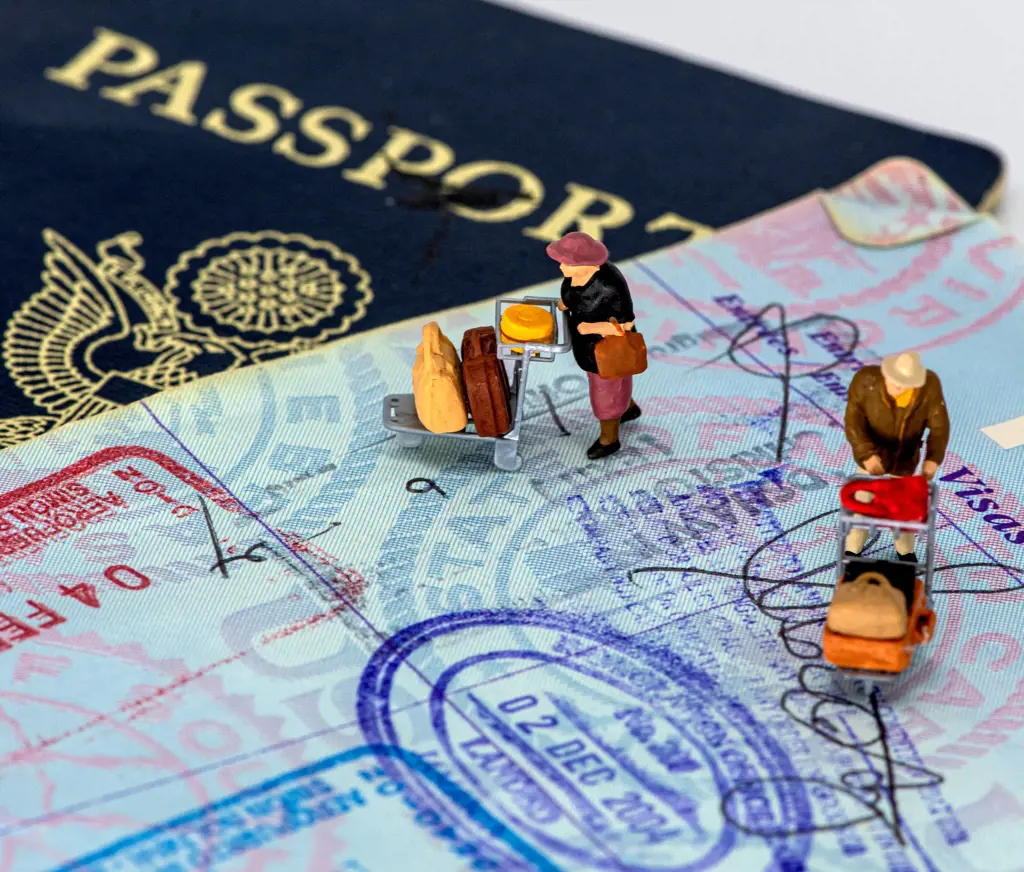
If you are traveling internationally on an F1 visa, you may wonder if you can reenter the United States after your trip. The answer is yes, but there are a few important things to keep in mind.
Firstly, it is crucial to ensure that your F1 visa is still valid for reentry. F1 visas are typically valid for the duration of your academic program, including any authorized practical training periods. However, if your visa has expired or you have exceeded the allowed period of stay, you may need to apply for a new visa before returning to the United States.
Before leaving the United States, make sure you have all the necessary documents for reentry. These may include your valid passport, your I-20 form, and a valid visa. Additionally, it is recommended to carry any supporting documents that demonstrate your ongoing enrollment or employment in the United States, such as your current class schedule or a letter from your university or employer.
When you arrive at the U.S. port of entry, you will go through immigration and customs clearance. The immigration officer will review your documents and determine your eligibility to enter the United States. It is essential to answer any questions honestly and provide accurate information as requested. If you have any concerns or questions, it is best to consult an immigration attorney or your institution's international student office before traveling.
In some cases, international travel can raise flags and result in additional scrutiny by immigration officers. This may happen if you have traveled to countries with high-security concerns or if there are any discrepancies or issues with your immigration status. It is important to be aware of these potential risks and address them appropriately to ensure a smooth reentry.
Here are a few tips to facilitate the reentry process:
- Carry all necessary and valid documents: Make sure you have your passport, I-20 form, and a valid visa. It is also beneficial to carry supporting documents that demonstrate your ongoing enrollment or employment in the United States.
- Be prepared to answer questions: Immigration officers may ask about the purpose of your trip, your activities during your time abroad, and your plans upon returning to the United States. Be honest and provide accurate information.
- Consult with an immigration attorney or international student office: If you have any concerns or questions about your reentry, it is always helpful to seek advice from professionals who specialize in immigration law or international student affairs.
- Follow immigration regulations: Ensure that you are familiar with the regulations and requirements for maintaining your F1 student status. Staying in compliance with these rules will increase your chances of a successful reentry.
- Be respectful and cooperative: Treat immigration officers with respect and cooperation. They have a crucial role in safeguarding the borders and ensuring national security.
Remember, each individual's immigration situation may vary, and it is always recommended to consult with an immigration attorney or your institution's international student office if you have any specific concerns or questions regarding reentry after international travel on an F1 visa. Following the regulations and properly preparing for your reentry will help ensure a smooth and hassle-free return to the United States.
Exploring the Possibilities: Traveling Abroad While Renewing an O1B Visa
You may want to see also

What should you do if your F1 visa will expire while you are traveling internationally?
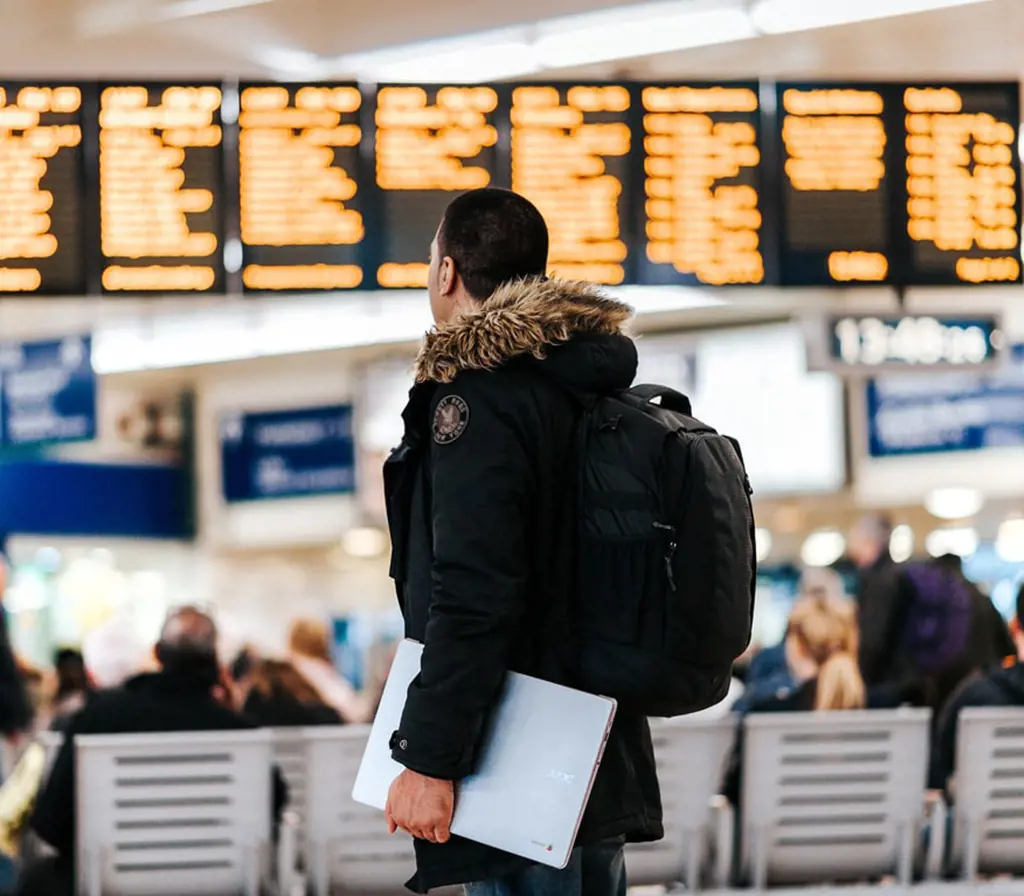
If you are an international student studying in the United States on an F1 visa, it is essential to keep track of the expiration date on your visa. However, sometimes circumstances arise where your F1 visa will expire while you are traveling internationally. In such a situation, it's crucial to know what steps to take in order to ensure a smooth re-entry into the United States. Here is a comprehensive guide on what to do if your F1 visa is set to expire while you are traveling abroad:
Step 1: Check your visa expiration date and make a note of it. This information is usually found on your visa stamp, which you received when you entered the United States. It's important to be aware of your visa's expiration date so that you can plan your travel accordingly.
Step 2: Contact your Designated School Official (DSO) at your educational institution. Your DSO is responsible for maintaining your SEVIS record and can provide guidance on what to do if your F1 visa will expire while you are traveling. They will be able to review your specific situation and advise you on the necessary steps to take.
Step 3: Apply for a new visa if necessary. If your F1 visa is set to expire while you are abroad and you plan to return to the United States, you may need to apply for a new visa before your planned return. The specific requirements for visa renewal vary depending on your home country and the U.S. embassy or consulate where you plan to apply. It's important to check the visa application procedures and requirements on the website of the U.S. embassy or consulate in your home country.
Step 4: Gather the required documents for visa renewal. The documents you will need for visa renewal usually include a valid passport, a new SEVIS I-20 form issued by your educational institution, proof of financial support, and proof of ties to your home country. It's important to gather all the necessary documents before your visa appointment to avoid any delays or complications.
Step 5: Schedule a visa appointment at the nearest U.S. embassy or consulate. Once you have gathered all the required documents, you will need to schedule a visa appointment. It's recommended to make the appointment well in advance to ensure availability and allow enough time for visa processing.
Step 6: Attend the visa appointment. On the day of your visa appointment, make sure to arrive early and bring all the required documents. During the visa interview, the consular officer may ask you questions about your studies, your plans in the United States, and your intent to return to your home country. It's important to answer the questions honestly and confidently.
Step 7: Await visa approval and re-entry into the United States. After your visa interview, the consular officer will review your application and make a decision. If your visa is approved, you should receive your passport with the new visa within a few weeks. Once you have the new visa, you can travel back to the United States and continue your studies.
It's important to note that each situation is unique, and the steps outlined above may not apply to everyone. It's crucial to consult with your DSO and follow their guidance throughout the process. Additionally, it's recommended to check the official websites of the U.S. Department of State and the U.S. embassy or consulate in your home country for the most up-to-date and accurate information on visa renewal procedures.
In conclusion, if your F1 visa is set to expire while you are traveling internationally, it's important to take proactive steps to ensure a smooth re-entry into the United States. By checking your visa expiration date, consulting with your DSO, applying for a new visa if necessary, gathering the required documents, scheduling a visa appointment, attending the appointment, and awaiting visa approval, you can navigate the process effectively and continue your studies without any interruptions.
Can a Student with an F1 Visa Travel to Canada? Everything You Need to Know
You may want to see also



